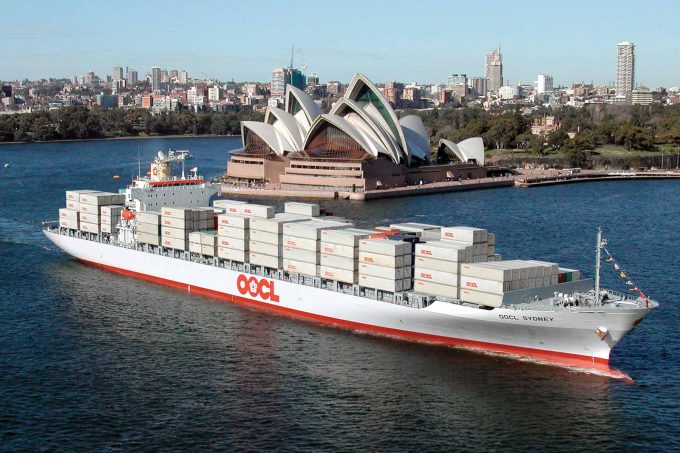Schedule reliability on the rise despite European port congestion
Despite ongoing reports and warnings of worsening port congestion levels in North European ports, container ...
WTC: RIDE THE WAVEFDX: TOP EXEC OUTPEP: TOP PERFORMER KO: STEADY YIELD AND KEY APPOINTMENTAAPL: SUPPLIER IPOCHRW: SLIGHTLY DOWNBEAT BUT UPSIDE REMAINSDHL: TOP PRIORITIESDHL: SPECULATIVE OCEAN TRADEDHL: CFO REMARKSPLD: BEATING ESTIMATESPLD: TRADING UPDATEBA: TRUMP TRADEAAPL: SUPPLY CHAIN BET
WTC: RIDE THE WAVEFDX: TOP EXEC OUTPEP: TOP PERFORMER KO: STEADY YIELD AND KEY APPOINTMENTAAPL: SUPPLIER IPOCHRW: SLIGHTLY DOWNBEAT BUT UPSIDE REMAINSDHL: TOP PRIORITIESDHL: SPECULATIVE OCEAN TRADEDHL: CFO REMARKSPLD: BEATING ESTIMATESPLD: TRADING UPDATEBA: TRUMP TRADEAAPL: SUPPLY CHAIN BET

You don’t have to be an Australian supply chain operator for this article to be relevant. If you want to understand, in a nutshell, how empty containers have built up in Australia – and the lessons here apply to any importing country with a trade imbalance with Asia exporters – the country’s liner lobby group, Shipping Australia, has put together an easy-to-understand analysis.
“Covid is at the heart of the problem. Deprived of holidays, socialising with friends and nights out, consumers around Australia (and indeed, around the world) have gone on a massive and frenzied retail therapy bender. Because the demand for goods has gone into orbit, the demand for shipping services and for containers has, likewise, gone into orbit.”
CMA CGM South Korean staff strike over bonuses after bumper 2024 profit
MSC switches two more Asia-Europe port calls from congested Antwerp
Ports and supply chain operators weigh in on funding for CPB
Nightmare for Bangladeshi exporters as congestion and tariffs bite
Carriers introduce surcharges as congestion builds at African ports
Box ship overcapacity threat from carrier appetite for new tonnage
CMA airline returns two freighters, while ANA takeover of NCA looms
Tradelanes: Export boom in Indian sub-continent triggers rise in airfreight rates


Comment on this article